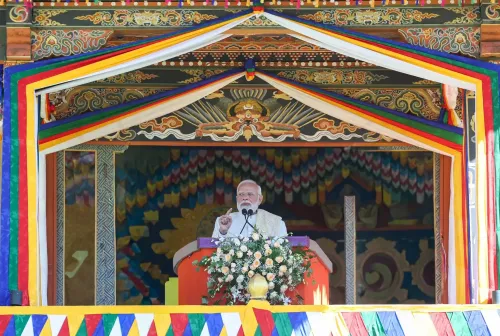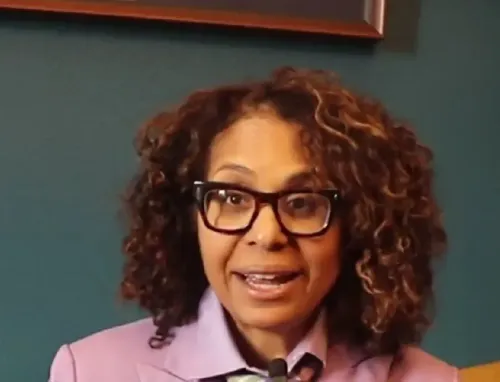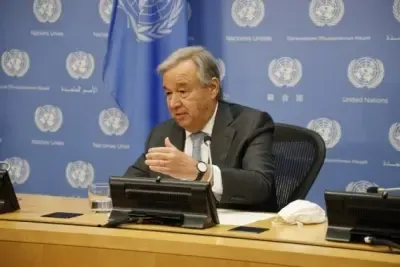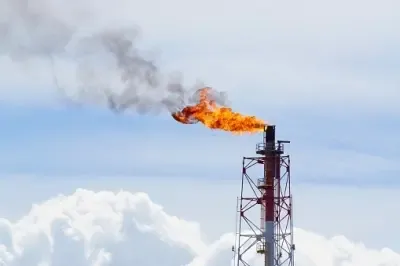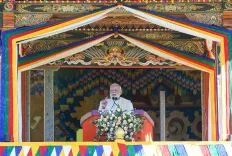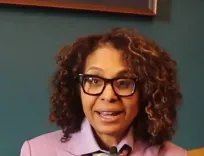UN Calls for Immediate De-escalation as Violence in South Sudan Claims Over 180 Lives
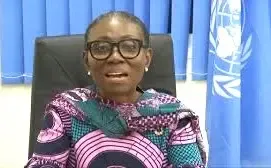
Synopsis
Key Takeaways
- The UN demands urgent de-escalation to protect civilians.
- Over 180 people have been killed in Upper Nile since March.
- 250 individuals have sustained injuries from the conflict.
- 125,000 people have been displaced due to ongoing violence.
- Access to humanitarian aid is severely restricted.
Juba, April 16 (NationPress) The United Nations relief agency has urged for an immediate de-escalation to safeguard civilians and ensure unhindered humanitarian access after conflict in South Sudan's Upper Nile State resulted in the death of over 180 individuals since March.
The UN Humanitarian Coordinator for South Sudan, Anita Kiki Gbeho, stated in a declaration made in Juba, the capital of South Sudan, that armed confrontations and aerial assaults have left more than 250 injured and forced approximately 125,000 people to flee.
Furthermore, Gbeho reported that four humanitarian workers have lost their lives due to the violence, which erupted on March 4, and six medical facilities have been shut down as a result of looting and destruction, as reported by Xinhua news agency.
"This recent escalation of violence must come to an end. It occurs at a moment when humanitarian funding is diminishing, and urgent needs are increasing not only in Upper Nile but throughout South Sudan. Currently, 9.3 million individuals across the nation require assistance," Gbeho remarked.
She urged all conflicting parties to avoid causing harm to the civilian population, including humanitarian workers who put their lives on the line daily to provide aid.
This statement was released amid fierce clashes between the South Sudan People's Defence Forces and the White Army militia, especially in Nasir, Ulang, and Longechuk counties in Upper Nile State, ongoing since March 4.
Recently, Gbeho visited Malakal, Upper Nile, where she interacted with communities affected by the conflict and gathered direct accounts of the violence's impact on the populace.
Access to humanitarian aid in Upper Nile remains constrained, with essential medical supplies rapidly depleting amidst a cholera outbreak that has already resulted in 919 fatalities and affected nearly 49,000 individuals in South Sudan, the statement highlighted.
"As the rainy season approaches and the cholera outbreak intensifies, rapid and unrestricted access to vulnerable communities along with the provision of vital supplies is urgently necessary to save lives," it concluded.

